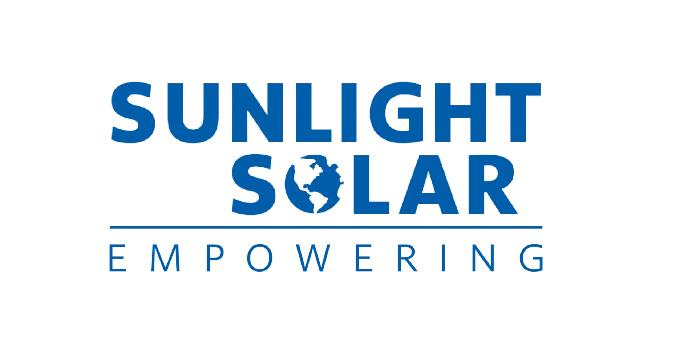Utilizing websites such as Energysage is a great way to get multiple estimates on a solar project. However, all the information can be overwhelming, and make it difficult to choose an installer. Luckily for homeowners, there are some key pieces of data to look for to make it easier to compare quotes.
Our series of blog posts, “How To Compare Solar Quotes” will explain each piece of data so you can feel more confident as you look at different solar proposals.
The cost of a solar system is what many people will use to determine what company to go with. However, there are reasons behind how much a system costs, and it is important to consider what goes into the cost per watt of a system. While a company may seem to have the least expensive system, they may be quoting much different features than a company that appears to be more expensive.
Roof Mounted Systems VS Ground Mounted Systems
A ground mounted system generally has a higher cost because they involve framing and trenching. A ground mounted system can be sized to fit your needs, which is helpful if you have a large yard and a small roof space.
Micro Inverters VS String Inverters
Micro inverters convert electrical current from DC to AC per solar panel. There will be the same number of micro inverters as solar panels. String inverters convert electrical current for an array of solar panels. Generally there are only 1-2 string inverters per solar array.
High Output VS Standard Modules
Although it may take fewer high output panels to achieve the same production as standard output panels, there is still enough of a cost difference to influence the dollar/watt.
Additional Work
Re-roofing, structural reinforcement, the addition of a sub panel, tree trimming or removal, etc., will all contribute to a higher $/watt.
If the systems and labor are equivalent, then the cost per watt should be very similar. However, there may still be significant variations in the cost per watt between companies. This can be due to a company heavily discounting its labor costs in order to get business. This can be a good deal for a homeowner, but be sure that the company is financially sound and will be around long enough to cover any service or warranty issues. Most warranties for solar panels are around 25 years, and most will continue to produce for much longer. This is certainly something to consider when researching solar installation companies.
